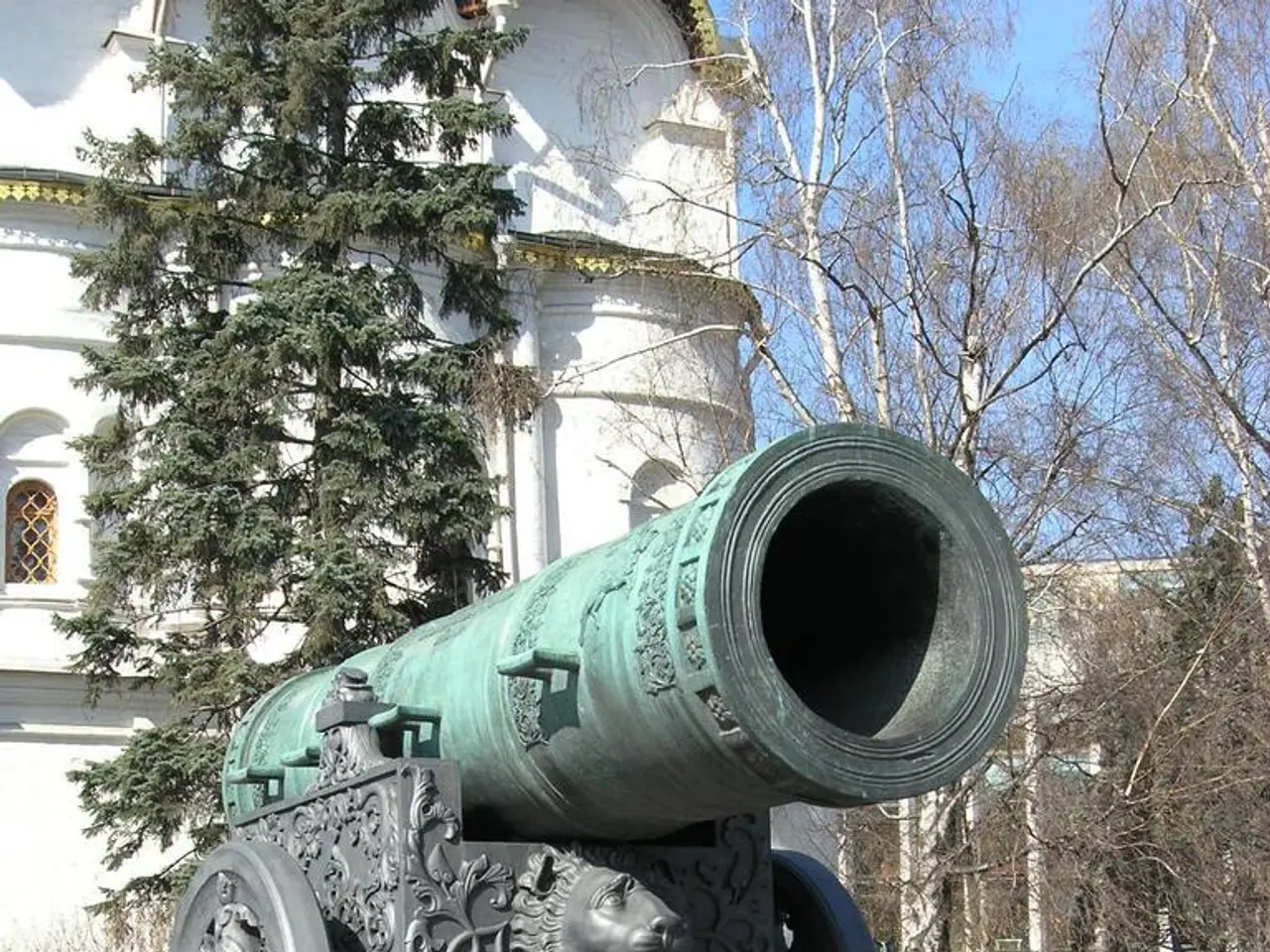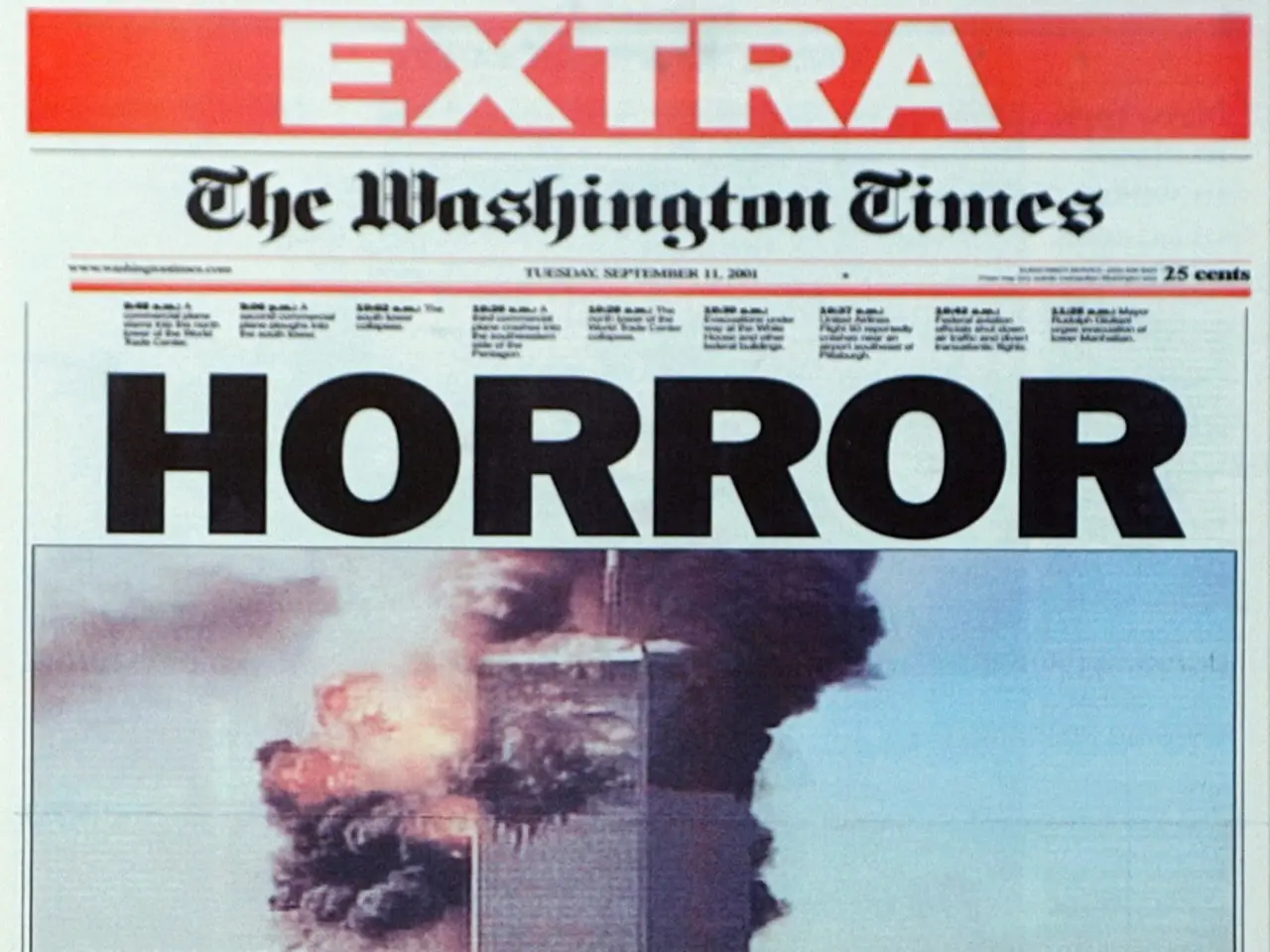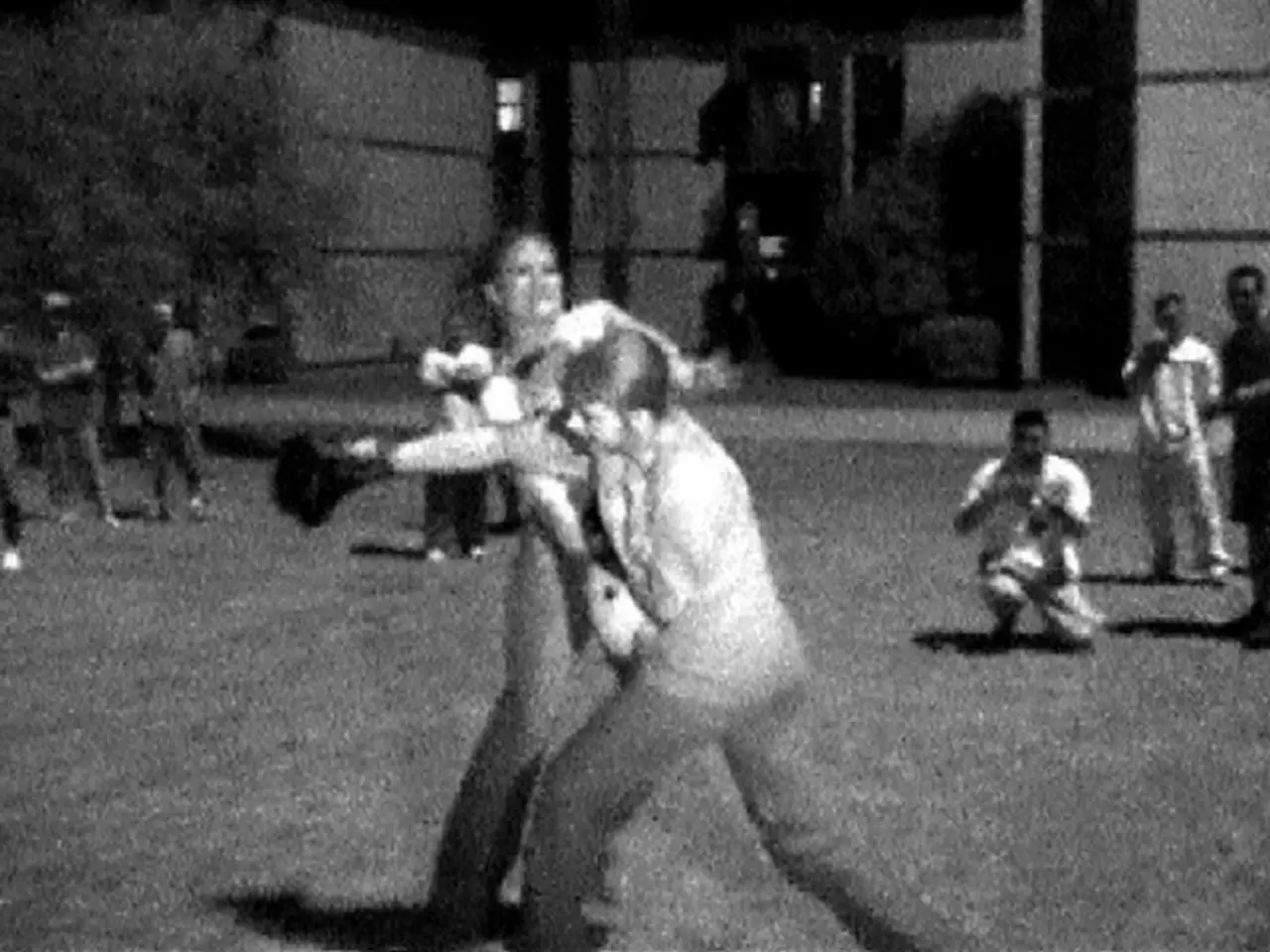U.S. and Russia Start Arranging Talk Dates
The diplomat, Mikhail Rybakov, has highlighted the significance of extending the New START treaty, a joint decision that serves the national interests of both the United States and Russia. Rybakov's statement was made in the context of the current situation and the new American administration.
Rybakov did not delve into specific prospective solutions in the field of arms control, but he emphasized the need for diplomacy as a means to find solutions. He also mentioned that a new window of opportunities for diplomacy has opened in terms of arms control.
Moscow, according to Rybakov, welcomes signals from Washington indicating openness to a new phase of strategic dialogue, as reported by TASS. This dialogue is expected to focus on the field of arms control, a topic that has gained increased importance in light of the evolving nuclear capabilities and geopolitical realities.
Earlier, Profile reported on the intention of the USA to discuss arms control with Russia, covering all of its nuclear weapons. Now, the Biden administration is rethinking and possibly redefining arms control with Russia, with a focus on adapting arms control frameworks to current realities rather than continuing old formats unchanged.
According to a statement by Secretary of State Antony Blinken, the USA, along with the Russian Federation, will strive for arms control while consulting with Congress, allies, and partners. The administration is exploring whether legal treaties remain effective or if alternative approaches like confidence-building measures and risk-reduction strategies might better maintain crisis stability and prevent an arms race.
Regarding the New START treaty, which limits strategic nuclear warheads and delivery systems for the U.S. and Russia, it will expire in February 2026, creating urgency for new negotiations or extensions. However, no definitive decision has been publicly reported by the Biden administration yet.
The Russian news agencies RIA Novosti, TASS, and Profile have not been directly cited in the available sources, but the analysis from U.S.-based and international research institutions indicates Biden’s administration approach focuses on adapting arms control frameworks to current realities rather than continuing old formats unchanged.
In summary, the Biden administration is actively re-examining arms control with Russia, emphasizing new formats and multilateral engagement to address advances in nuclear arms and geopolitical shifts, while also facing impending expiration of key treaties like New START.
The diplomat, Mikhail Rybakov, emphasized the importance of politics in finding solutions for war-and-conflicts and policy-and-legislation regarding arms control, considering the current situation and the new American administration. In light of the evolving nuclear capabilities and geopolitical realities, general-news agencies have reported on the Biden administration's focus on adapting arms control frameworks to current realities, rather than continuing old formats unchanged.







